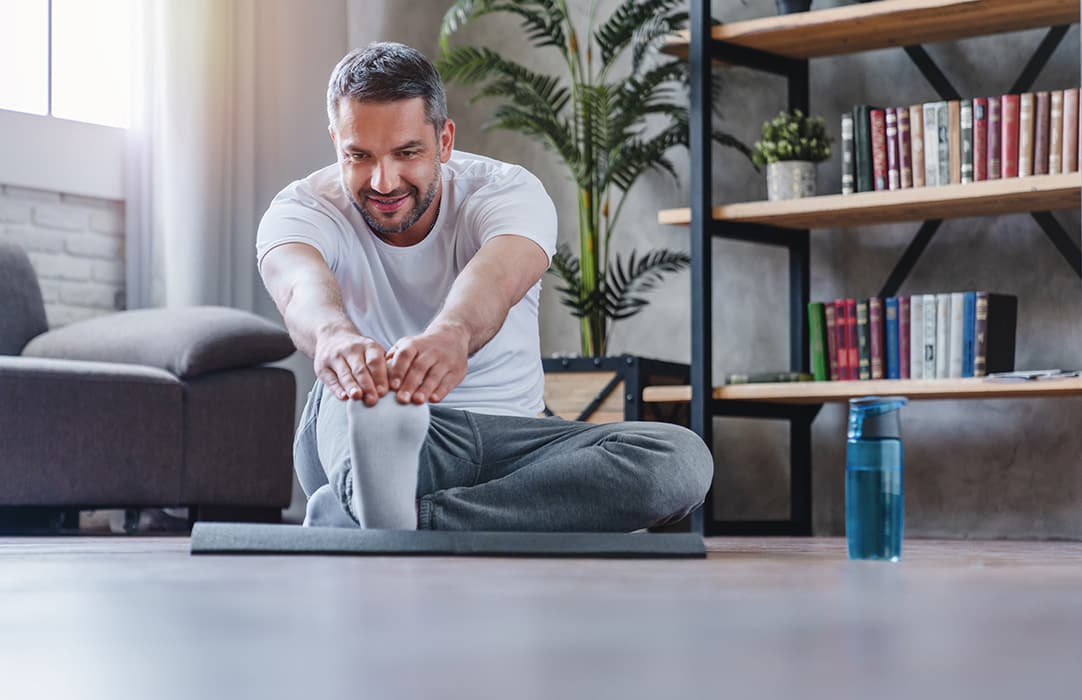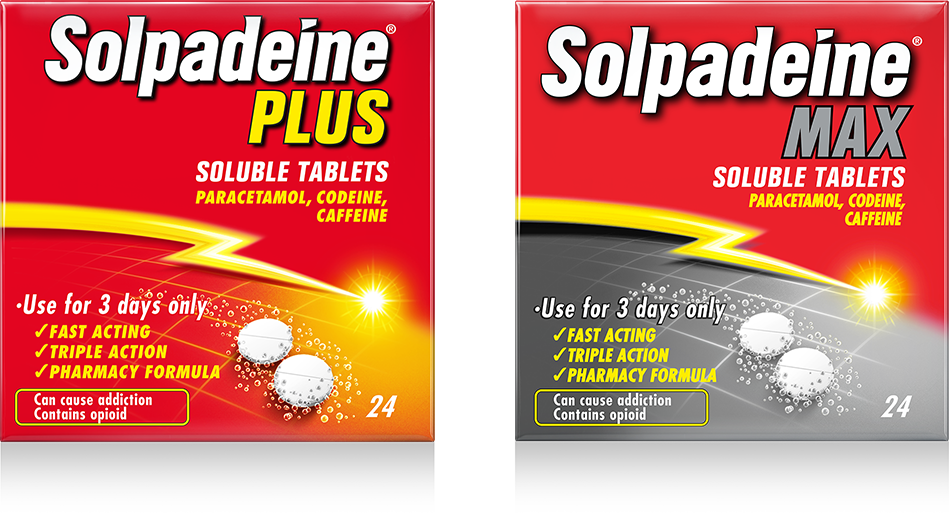Making sense of different formats of pain relief products
From tablets and capsules, to liquids and creams, pain relief medicines come in a range of ‘formats’ and people often…
Aug 18 2021 · 3 min read

There are as many treatments for back pain as there are causes, but as prevention is better than cure, there are also plenty of ways to prevent back pain in the first place.
From stiff necks right the way down to aching hips, back pain is very common[i] – particularly in the lower back (lumbago) – and can make its presence felt anywhere along the spine.
There are lots of reasons why your back could be giving you jip but, thankfully, back pain very rarely has a serious cause[i].
Most of us are familiar with having back pain as a result of a sprain or strain to our muscles or ligaments[i], but it often happens for no apparent reason – which doctors call ‘non-specific backpain’.
However, occasionally back pain strikes because of medical conditions such as a slipped or prolapsed disc – where a section of cartilage in the spine presses on a nearby nerve; or sciatica[i] – that twinge you get in the nerve that runs from your pelvis to your feet.
Back pain can also come from poor posture or everyday activities that keep us sitting in one place for prolonged periods of time[i]. Driving without a break, sitting hunched over our desks, or even laying around on the sofa binge-watching our favourite shows for hours can all result in an unhappy spine.
Although some back pain can last a long time or keep recurring, the good news is that the pain usually gets better on its own within a few weeks or months without the need for any medical intervention[i].
With a little care and effort, there are plenty of things you can do to help reduce your back pain and speed up your recovery.
Hot or cold compression packs can give short-term relief for back pain[i] – use heat on strains and cold for sprains. You can buy specially made packs from your pharmacy, but a hot water bottle (use hot, or half fill with cold water and put in the freezer to use cold) or a bag of frozen vegetables wrapped in tea towel works just as well.
If you’ve hurt your back you might think that keeping still is the best thing to do, but you’d be wrong. Resting up is likely to exacerbate the pain, according to NHS advice, so stay as active as possible and keep up your usual daily activities[i].
There are also exercises and stretches specifically for back pain which can help (Link: www.nhs.uk/live-well/exercise/lower-backpain-exercises/), and many people find walking, swimming, yoga and pilates are useful for easing back pain.
Another thing to try is positive thinking. Although it’s not always easy to stay cheerful when you are in pain, experts say people who manage to stay positive despite their pain tend to recover quicker[i].
With so many possible causes, it’d be unlikely that you’d go through life without ever experiencing back pain, but there are ways to reduce your risk.
• Stay active. Regular exercise – as well as specific back exercises and stretches (Link: www.nhs.uk/live-well/exercise/lower-backpain-exercises/) – can help keep your back strong and flexible.
• Take care when lifting heavy objects. If you are not sure about how to lift correctly, check out these NHS Live Wells tips (Link: www.nhs.uk/live-well/healthybody/safe-lifting-tips/).
• Avoid sitting or driving for long periods, and sit correctly when using computers (Link: www.nhs.uk/live-well/healthy-body/posturetips-for-laptop-users/) or watching television (Link: www.nhs.uk/live-well/healthy-body/how-to-sitcorrectly/).
• Consider investing in a new mattress. A mattress that does not support your body properly can lead to back pain, not to mention a bad night’s sleep.
• Watch your waistline. Being overweight can increase your risk of developing back pain[i] so tackle that tum through a combination of a healthy diet and exercise.
Anti-inflammatory painkillers such as ibuprofen can offer back pain relief[i], and your pharmacist will be able to advise you about these, as well as other products and medicines that can help, including Solpadeine’s range of pain relief formulations.
However, if you are finding that your back pain is not improving or is getting worse, or you are experiencing numbness, chest pain or an accumulation of other symptoms, speak to your GP or call 111 for further help and advice.
References:
i. NHS Conditions: back pain
https://www.nhs.uk/conditions/back-pain/
From tablets and capsules, to liquids and creams, pain relief medicines come in a range of ‘formats’ and people often…
Solpadeine® Max Soluble Tablets, Paracetamol 500mg, Codeine Phosphate Hemihydrate 12.8mg, Caffeine 30mg For the treatment of acute moderate pain which is not relieved by paracetamol or ibuprofen alone. Contains codeine. Can cause addiction. Use for 3 days only. Always read the leaflet.
Solpadeine® Headache Soluble Tablets contain Paracetamol and Caffeine – a mild analgesic and antipyretic formulated to give extra pain relief. Always read the leaflet.
Solpadeine® Plus, Solpadeine® Max and Solpadeine® Headache products are not recommended for children under 12 years of age.
SolpaOne® 1000mg Effervescent Tablets contains paracetamol only. For the treatment of mild to moderate pain and/or fever. For adults and adolescents over 50kg of body weight aged 16 years and above. Always read the leaflet.
Same trusted formula
Now in 3 day treatment packs, in line with guidance

*New pack size of 24 soluble tablets for 3 day use in adults